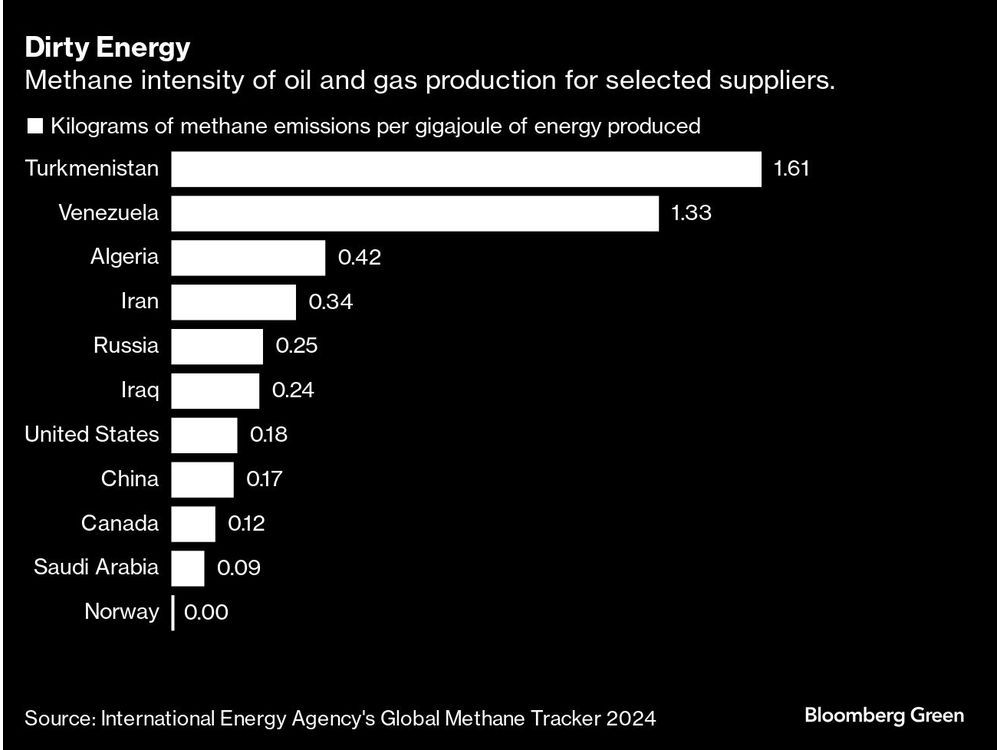Follow us on LinkedIn
When it comes to market failure, it is important to understand that markets are not always perfect. They can sometimes fail due to a range of different issues including externalities, monopoly power, asymmetric information, public goods, and common resources.
By understanding how market failure occurs, individuals and businesses can identify the situations in which these issues may arise.
This will not only help them better prepare for possible market failure but also allow them to take steps to limit or prevent it from occurring.
What is a Market Failure?
Market failure is when a free market doesn’t do a good job of sharing goods and services. This can lead to people losing out. There are many reasons why this can happen, like monopoly power, or people don’t have all the information they need.
It means that when people make choices for themselves, it may not be the best thing for everyone else. This doesn’t just happen in places where things are bought and sold, but also in things like elections or making laws.
In simple terms, market failure is when the free market does not operate efficiently, leading to an inefficient allocation of goods and services. This can lead to a loss of welfare to consumers or producers.
How Market Failure Happens?
Market failure happens when markets do not efficiently distribute resources. Here’s how it works: In an ideal market, buyers and sellers have equal access to information, and goods are fairly priced based on supply and demand.
However, sometimes people or companies have more information or power, causing imbalances. This leads to unfair prices or goods not going to those who need them most.
Also, when people make choices considering only their benefit, ignoring the impact on others, it can lead to negative outcomes for society. For example, a factory polluting the environment to cut costs is a kind of market failure.
What Causes Market Failure
Market failure can occur due to various reasons, some of the common causes include
- Negative Externalities: This occurs when the cost of a good or service extends beyond those directly involved in the buying or selling process. For example, pollution produced by a factory affects everyone, not just the factory owner.
- Incomplete Information: Markets function best when buyers and sellers have complete information. However, if one party has more information than the other, it can lead to unfair deals.
- Concentrated Market Power: When one participant has significant control over the market price of a good or service, it can lead to market failure. This is often seen in monopolies where one company dominates the market.
- Public Goods: These are goods that are non-excludable and non-rivalrous – in other words, one person’s use does not reduce its availability to others, and people cannot be effectively excluded from using the good. However, when public goods are overused, it can lead to market failure.
- Monopolies: A monopoly exists when a specific person or enterprise is the only supplier of a particular commodity – this is a type of market failure as it can lead to higher prices and less output.
How to Prevent Market Failure
Preventing market failure without sharing resources can be a delicate task. However, it’s not entirely impossible – here are a few ways this could be done
- Regulation: Governments can establish laws and regulations that encourage or discourage certain behaviors. For instance, they could enforce strict environmental standards to prevent companies from producing too much pollution, which is a type of market failure known as a negative externality.
- Creating Markets: Sometimes, market failures occur because a market for a particular good or service doesn’t exist. Governments can help create these markets. For example, they can establish a market for carbon credits, which allows companies to trade their carbon emissions.
- Public Awareness Campaigns: Governments can use campaigns to inform the public about the consequences of their actions. For instance, anti-smoking campaigns can help reduce the demand for cigarettes, thus addressing the market failure associated with smoking.
- Privatization: In some cases, introducing competition into a market can help address market failure. For example, privatizing a previously state-run industry can help improve efficiency and service quality.
Conclusion
Market failure can be a serious issue that can lead to unwanted outcomes. By understanding how it works and the various causes, individuals and businesses can take steps to prevent or limit market failure. Everyone needs to be aware of the consequences of their actions, and how these can impact markets. With the right approach, market failure can be prevented or managed effectively.
Further questions
What's your question? Ask it in the discussion forum
Have an answer to the questions below? Post it here or in the forum

Satellite observations show the amount of gas burned at Turkmenistan’s Gates of Hell crater have fallen roughly 50% since August, according to a new analysis.



